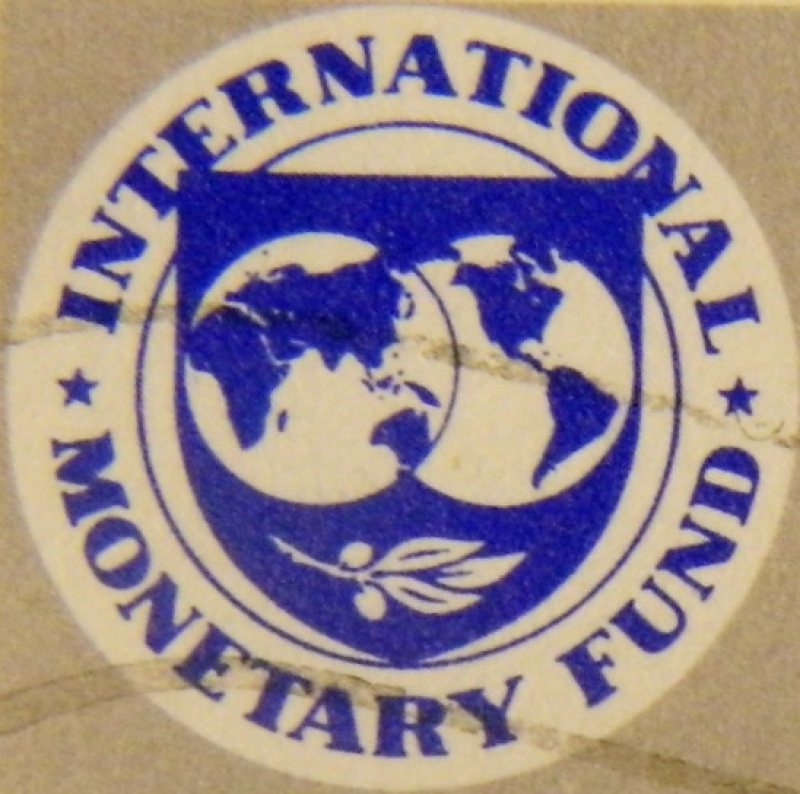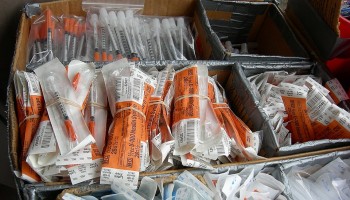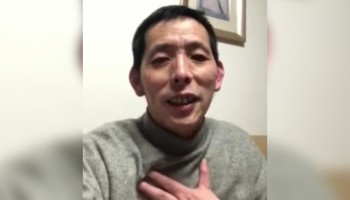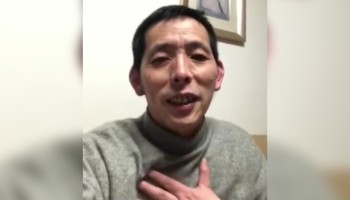“We are concerned that unleashing massive amounts of money without including basic transparency and anti-corruption measures risks undoing the significant progress the Fund has made in tackling corruption in recent years,” the statement said.
As it stands, the IMF has already committed itself to put it’s more than US$1 trillion lending capacity towards economic relief in the wake of the COVID-19 crisis.
However, HRW worries that without proper oversight, that money could fall into the wrong hands.
“In times of crisis such as now, transparent and accountable spending becomes more important—not less so,” the statement said. “With the stakes higher than ever, it is critical that people can ensure their governments are using emergency funds to safeguard public health and deliver desperately needed assistance to those hardest hit.”
To that end, the statement suggested several anti-corruption measures the IMF could employ: increasing the IMF’s own transparency, allowing audits by both internal and external entities, and further strengthening the IMF’s current anti-corruption rules.
One area of concern for HRW, was the IMF’s recent disbursement of more than $12 million to the Kyrgyz government to support COVID-19 relief efforts. HRW and their co-signers found only one anti-corruption measure, that the Kyrgyz government conduct an after the fact internal audit of the spending and eventually publish the result. They found that to be woefully inadequate.
“We in no way want to slow down the IMF’s response to the crisis or prevent countries that need the money from receiving it,” the statement said. “Rather, we wish to highlight the need for the Fund to establish basic measures to ensure that the money received by countries is used in a transparent and accountable manner to reduce the risks of misuse and corruption.”






